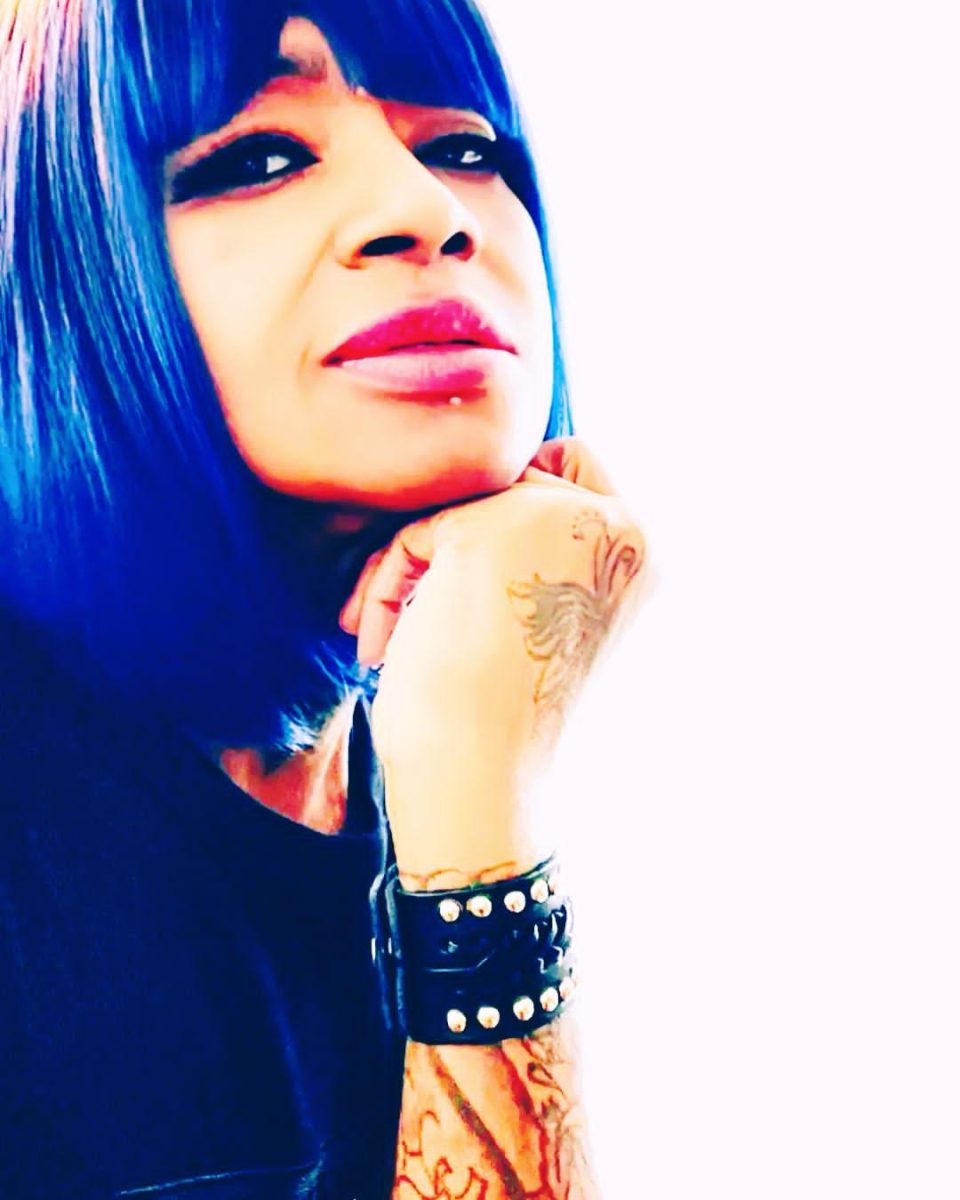Amari “Dj Mona Lisa” Hits Out Against Lesbians With ‘Who Vex?’
Dancehall artist and social media sensation Amari “Dj Mona Lisa” has waded right into the conversation about sexual identity with a stark declaration about her sexuality that is sure to ruffle some feathers in the Dancehall industry.
On a re-jigged version of the Street Sweeper riddim, Amari asserts her own agency to define herself; to live or love on her own terms. She brazenly ends any speculation one might have towards her sexual leanings.
She deejayed: “Amari mi name/Mi a tight p—y gal/Mi swear pon mi life/Mi neva f—k a b—-yman/Hand inna di air/A mi seh/Pram!Pram!Pram!….Two gal a rub crotches/Affi bun up/Bun up/Bun up”
In recent weeks, the word lesbian has become fetishized in various discussions online as a brouhaha between Minister Marion Hall and Queen Ifrica threatened to pull music industry professionals, artistes and others into a vortex of woman loving woman (WLW), or girls loving girls (GLG) accusations.

In recent weeks, Minister Marion Hall suggested that Queen Ifrica was a member of the Lesbian, Gay, Bisexual, Transgender, and Queer (LGBTQ) community. Queen Ifrica went on Tik Tok in order to defend her sexuality and shared a shocking tale of child abuse when she was only 8, an experience which she artlessly dubbed her “first and only lesbian experience.”
“It’s quite unfortunate but she published her story in retaliation to remarks made about her. She did not approach the matter as an advocate,” Amari “Dj Mona Lisa” mused.
She said that since the release of the song, she has received a positive reaction from her fans who were pleasantly surprised that she could deejay so competently on a 90s throwback riddim.
“It was released around the Memorial Day holiday weekend in the US so it’s just starting to get attention. My fans are loving it, they say that I am only improving as an artiste as not many female deejays can ride a 90s beat like that. Some people are upset, they believe I am talking about Spice, but who vex, gwaan vex,” she said.
The fans have been weighing in online with comments on Youtube with an audio of the song.
One fan said: “Wonderful..this is so Dam FRESH ..great producing and editing… it’s a masterpiece Queen Cleopatra Amari ♥️💯☝️🙂💐
Other social media users were not amused, and attacked the throwback homophobic lyrics, which hit out against alternative lifestyles.
“This so homophobic. At the end of the day. The world is equal. No one should be slamming equal opportunities. Now if she sings this in public, a lot of people will burn her up. Lyrics is so slack and vile. You might be against it. But dont DISRESPECT,” one user said.
Amari said that the Rastafarian community needs to work to expose the, according to her, subliminal work of the Jamaica Forum for Lesbians All Sexuals and Gays to corrupt the minds of the young. She wants to protect the nation’s children and the future of the Jamaican family.
“We are leaders not followers; we think for ourselves. Rastafarianism barely exists now. Bob Marley, Gregory Isaac and Peter Tosh are no longer living. The word of God states,”Let the weed and tares grow together until the day of harvest”. Genuine Rastafarians do not remain silent but those who are not real will be exposed by their silence. Mutabaruka holds the torch. True Rastafarianism comes from the heart,” Amari said.
She pointed to special interest groups promoting “ideas that you can switch from male to female at the drop of the hat, you can decide what pronouns you want, what gender you want”‘. However, she hopes the nation’s core Christian beliefs will prevail.
“This is the agenda that is being pushed in Jamaica right now. But Jamaica will forever be a country that supports heterosexual relationships despite the growth of homosexuality. People are impoverished and men have lost their self esteem, however our Christian beliefs will persist and women will regain their grandeur and strength. What we see right now is mainly experimental which most likely will be extinguished. Jamaicans are family oriented,” she said.
The song was produced by award-winning reggae producer Kemar ‘Flava’ McGregor, known for his work with artists like Sinead O’Connor, Musiq Soulchild, Syleena Johnson, Jon Secada, Maxi Priest, Sizzla, Marcia Griffiths, Beenie Man, Wayne Wonder, Buju Banton, and Capleton.
“Working with Amari is like working with any other artists that I have worked with locally and internationally. I am just giving Amari the same opportunity that I gave artists, such as Queen Ifrica, Etana, and many others, that I have produced countless hits with,” he said.